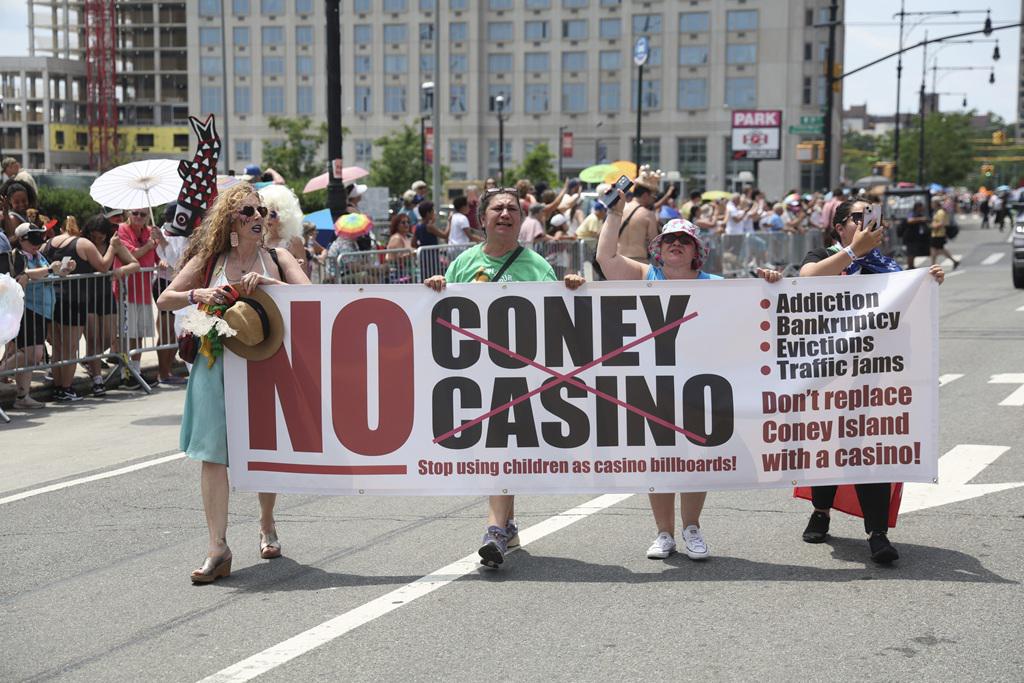Approximately ten years ago, New York voters approved a constitutional amendment allowing for up to seven casino licenses statewide, with three designated for downstate locations, each costing $500 million. In 2022, these licenses were sanctioned in New York’s state budget, and the New York State Gaming Commission is set to award them by year-end.
Community Advisory Committees and Deadline
Before this can be finalized, each Community Advisory Committee (CAC) must make a decision on the proposed projects by September 30.
Narrowing Down the Applicants
The pool of applicants was reduced to six after CACs in Manhattan rejected the proposals for Caesars Palace Times Square, estimated at $5.4 billion, and The Avenir, a $7 billion project. In Queens, billionaire Steve Cohen’s Metropolitan Park, an $8.1 billion development near Citi Field, has surfaced as a leading contender.
Remaining Licenses and Candidates
If Metropolitan Park overcomes local opposition, the Gaming Facility Location Board (GFLB) will largely determine its fate by recommending or not recommending a license to the state’s gaming commission. This could leave two licenses available, potentially awarded to existing downstate racinos like Resorts World Casino in Queens and MGM Empire City in Yonkers, both of which have the infrastructure for a smooth transition to full casinos.
Local Opposition and Community Concerns
However, there is significant opposition from local communities. Many residents express concerns regarding gambling addiction and crime, indicating that casinos may not deliver on promises of economic prosperity. Grassroots groups like Save Coney Island highlight the risk of displacing small businesses in these areas.
Job Creation vs. Community Values
Thor Equities, the developer for The Coney, claims the project would create 10,000 jobs, with a focus on opportunities for minority and women-owned businesses. However, community advocates question the nature of these jobs and stress the need for binding agreements to ensure fair wages. They emphasize that past experiences with casinos have often led to disappointing outcomes for local residents.
Developers’ Reputation and Community Trust
Thor Equities has faced criticism due to its history in Coney Island, with many residents recalling its track record of buying properties and allowing them to remain vacant. Despite promises to establish community trust and development funds, skepticism remains high as local groups push for more enforceable agreements regarding job creation and community benefits.



